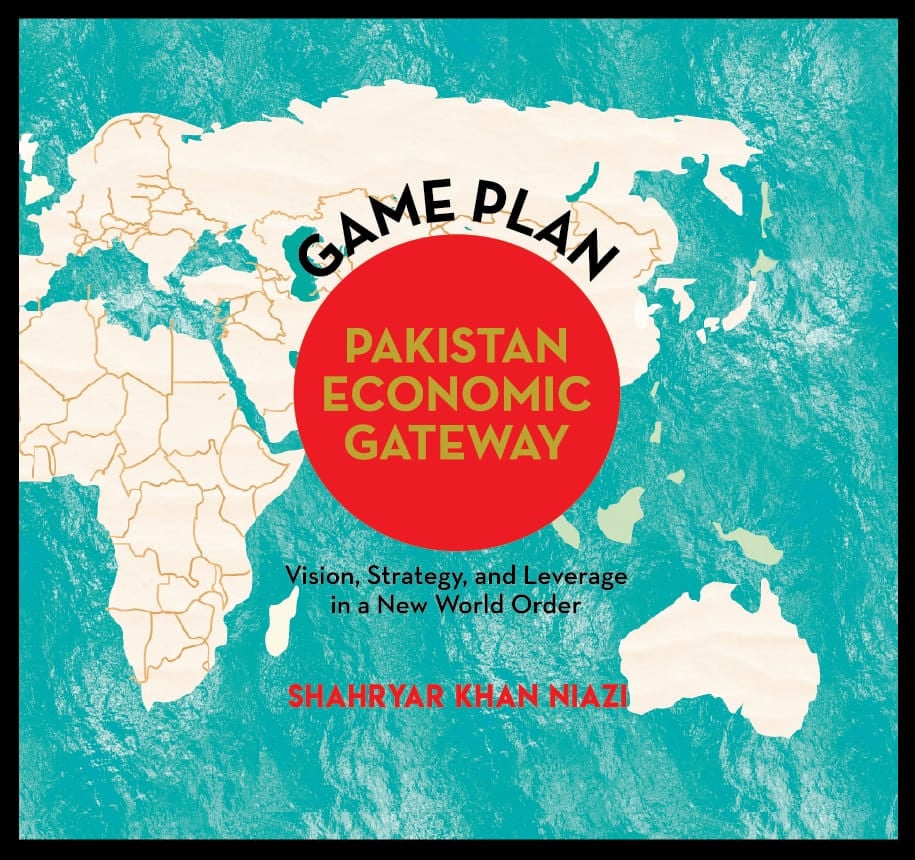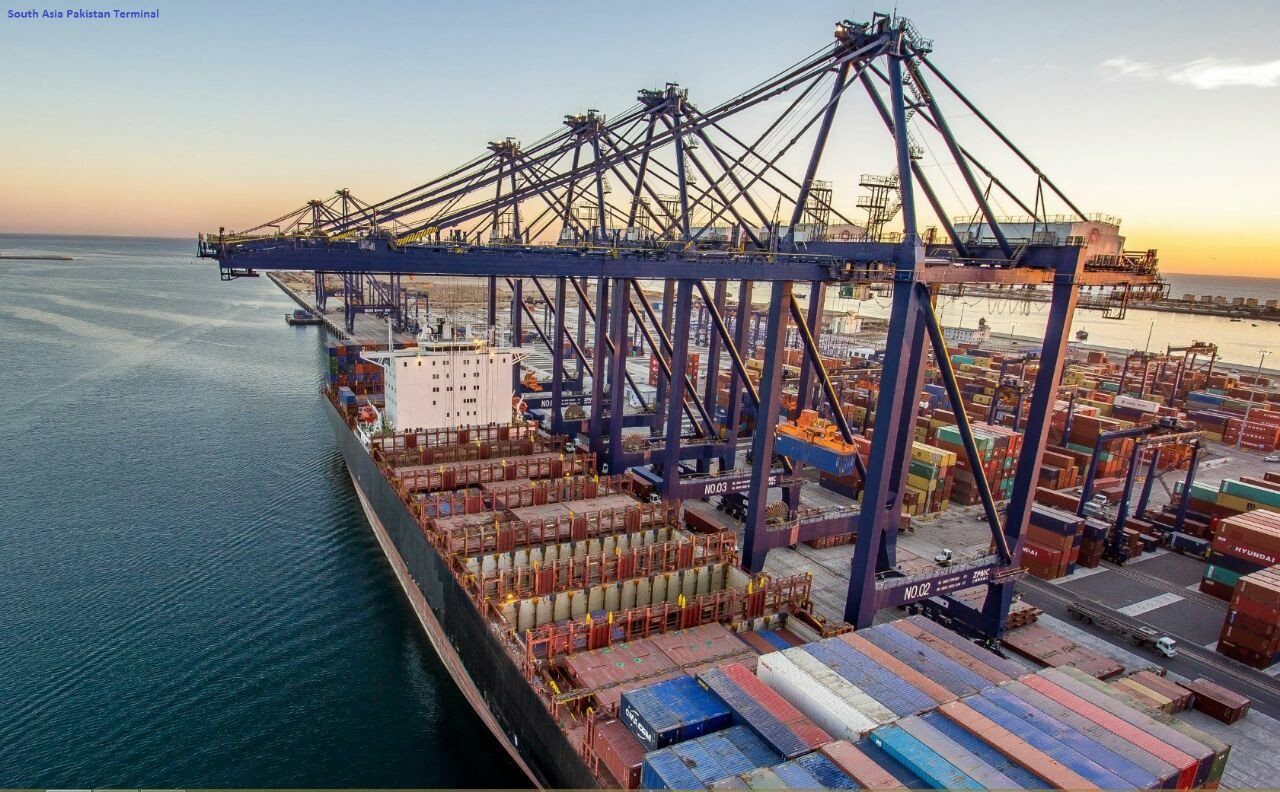In an age increasingly defined by the dislocation of certainties and the realignment of great power influence, Game Plan: Pakistan Economic Gateway emerges as a work of uncommon acuity and strategic prescience. Authored by Shahryar Khan Niazi, a strategist of considerable standing, the volume delineates a grand design of such breadth and ambition as to place it within the tradition of Spykman, George Kennan, and Mackinder himself—whose theoretical frameworks echo throughout these pages.
At the heart of the work lies the concept of the Pakistan Economic Gateway (PEG), a proposed latticework of intercontinental trade corridors traversing Pakistan’s geography to connect Eurasia, Africa, and the Indo-Pacific with unprecedented coherence. What distinguishes Niazi’s vision is not merely its technical sophistication—though the inclusion of thirty-three detailed maps and corridors attests to its logistical rigour—but the deeper strategic logic that animates the proposal: the belief that geography, properly harnessed, may restore Pakistan to a role of consequence within the international system.

This is, in every sense, a book written with the long view in mind. It is, as Professor Francis Campbell rightly observes in his foreword, a reminder to Western policymakers—often distracted by the centrifugal chaos of the present—that Pakistan’s position astride the Indian Ocean and the Eurasian heartland renders it an indispensable node in the evolving world order. In Niazi’s formulation, Pakistan is not a passive terrain upon which others project power, but an active and deliberate shaper of global flows—of energy, minerals, trade, and diplomacy.
Indeed, one detects in this work the intellectual lineage of those post-war European visionaries who sought peace not through the pacification of rivalries but through the structuring of mutual economic necessity. That Niazi draws a parallel between the Pakistan Economic Gateway and the European Coal and Steel Community is no rhetorical flourish. It is a substantive proposition: that the very architecture of commerce might succeed where the politics of distrust have failed.
The argument is not advanced with naïveté. The author is keenly aware of the domestic constraints that imperil Pakistan’s economic destiny—political incoherence, infrastructural decay, and institutional malaise. Yet, rather than dwelling in declinism, he outlines a course of recovery and strategic agency. The chapters on critical mineral supply chains, maritime chokepoints, and the transformation of regional freight systems demonstrate not only an informed grasp of global logistics but also a statesmanlike maturity in thinking through their implications for national renewal.

Of particular note is the book’s emphasis on a post-carbon future and Pakistan’s potential contribution to the green transition, via the so-called “Asian Battery Corridor.” Here, Niazi moves beyond the realm of classical geopolitics into that of geoeconomics and environmental stewardship—suggesting that Pakistan might not only traverse history’s great highways but help to pave them anew.
The volume’s prose is elegant, its structure lucid, and its visual material—especially the annotated maps—serves as more than mere ornament. They invite the reader to think spatially, as every serious student of strategy must. That this work is produced in Pakistan and addressed to a global readership is itself an act of intellectual sovereignty—an assertion that the strategic imagination need not be confined to Washington, Brussels, or Beijing.
In sum, Game Plan is a work of rare substance and vision. It deserves to be read not only by policymakers and strategists but by all those concerned with the architecture of a multipolar world. Whether its proposals are taken up in full or in part, they constitute a salutary reminder that geography, harnessed to imagination and governed by prudence, remains the surest foundation upon which nations rise.
Dr Markus Markert is a professor of International Relations from Germany, with MPhil and DPhil degrees in the subject from Oxford University
All facts and information are the sole responsibility of the author
